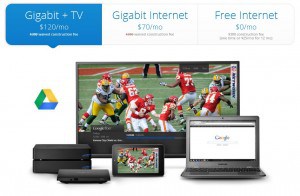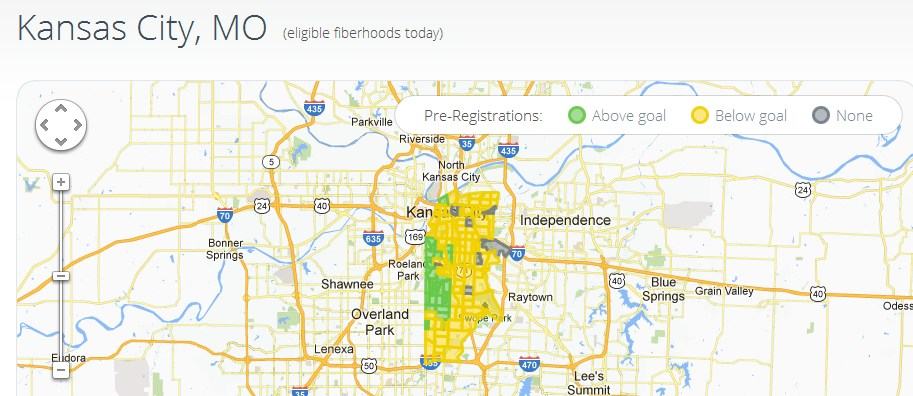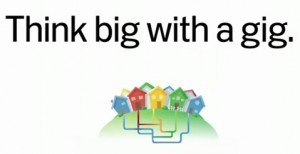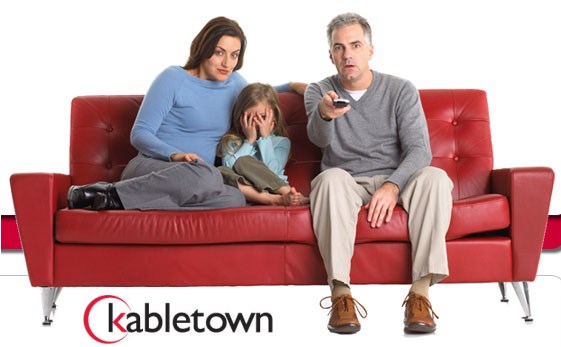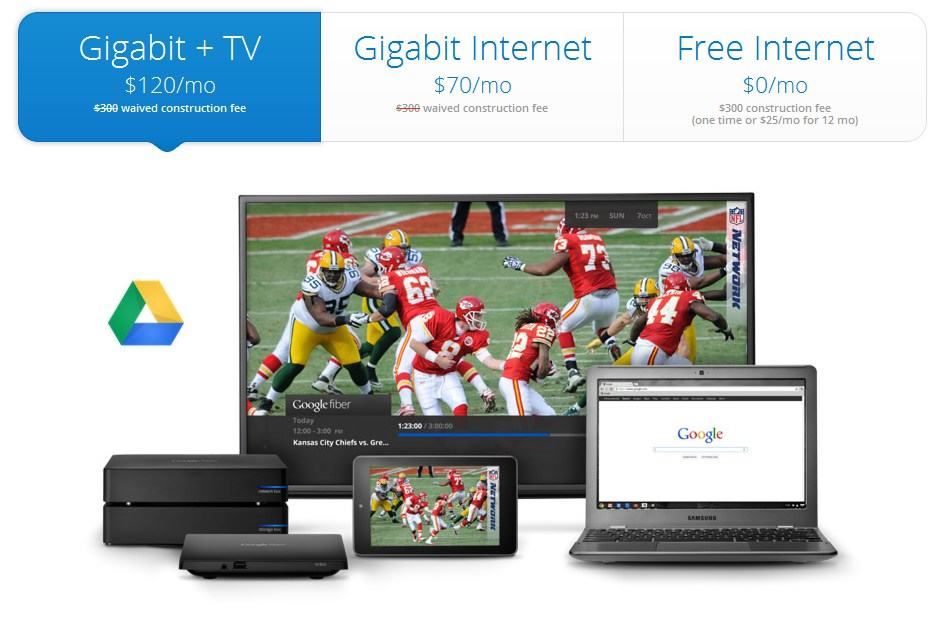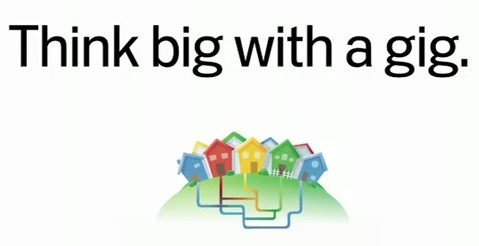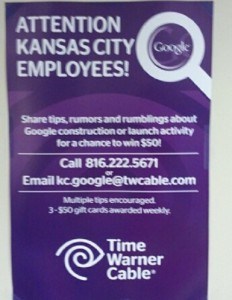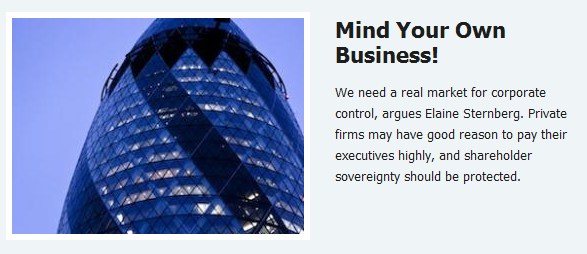
The views of the Adam Smith Institute, despite the near-global financial meltdown engineered by the Masters of the Universe.
Forbes columnist Tim Worstall is unimpressed with Google’s foray into fiber optics.
Worstall, a Fellow at the Adam Smith Institute in London, has repeatedly penned columns tsk-tsking the global broadband speed race.
In his world view, nobody except certain specialists needs any connection faster than 2Mbps:
The most obvious being that outside certain very specific uses (video editing for example, where people can pay up for their own T1 line) there’s not really much evidence that speeds above 2 Mbps or so actually improve productivity or economic performance/growth. Sure, they’re great for consumers who want to download movies but that’s not really a justification for a large scale infrastructure program.
Worstall’s Luddite-like knowledge of broadband technology makes it difficult to take him seriously. Notwithstanding the fact a T1 line delivers just 1.5Mbps (at a cost several times a typical cable or DSL broadband connection), Worstall’s declaration that faster speeds are only good for “downloading” movies (the concept of streaming also escapes him) is simple nonsense.
Worstall’s tantrum is really part of a bigger discussion about how to do broadband better in both the United Kingdom and the United States. Incumbent providers are dragging their feet while reaping profits for overpriced, too-slow service. Consumers and businesses are fed up, and some are now increasingly turning to the government to do-something to shake up the status quo.
Government? For those slavishly devoted to free market ideals at the Adam Smith Institute, such a notion guarantees an intemperate outburst with phrases like “government takeover,” “government interference in private business,” or “government monopoly” — all ideas Worstall complains are “blindingly awful.”
“The idea that the solution to anything is a government run engineering monopoly just boggles the mind,” Worstall declares.
In his piece, “Why High Speed Broadband Just Doesn’t Matter,” Worstall has just a single litmus test to define broadband worthiness: how much economic value can be extracted from the Internet — Ferengi economics at their finest.
Worstall:
So more people can watch TV. Apologies, but this doesn’t really convince. Higher definition TV just isn’t the sort of technology that boosts the economy of a country. It might be nice to have but it most certainly does not justify taxing some to provide the service to others.
[…] The truth is that as long as you’re getting broadband of a kind (2 Mbps say) then it’s possible to extract that economic value. Faster speeds might be nice but they’re just not necessary for economic development.
Even if you accept Worstall’s inaccurate contention fast Internet is only good for watching online entertainment, he evidently forgets PricewaterhouseCoopers estimated the value of that industry at $2 trillion, and that was by 2011. Why even have a cable television business, if the only thing it is good for is watching reality shows and Law & Order reruns? Because it makes money — lots of it.
Back to Google, which is creating a bit of a pickle for the cable and phone companies — an increasingly fat and happy bunch earning easy profits selling broadband at duopoly market prices. Proponents for better broadband advocating for new, publicly-owned broadband networks have had to confront astroturf and conservative groups using popular memes that “big government” cannot do anything right and if there was a market for gigabit broadband, private companies would already be selling it.
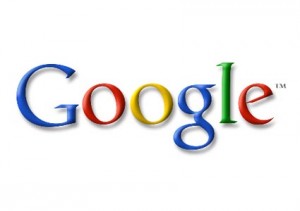 Starting this summer, Google is.
Starting this summer, Google is.
That spells t-r-o-u-b-l-e for the corporate love muffins at the Adam Smith Institute and their industry friends who are quite happy with the way things are today, thank you very much. Google just happens to be an example of a free market success story — a ‘responsible’ company willing to invest money in the game-changing broadband Worstall and friends spent years arguing we don’t actually want or need.
As Kansas City residents line up around the virtual block, eagerly plunking down $10 to “pre-register” for Google service, it becomes difficult to continue the standard line that super-fast Internet is just a tech-geek curiosity.
So what does a free-market-knows-best-devotee do in light of all this? Change the story.
Worstall picks up a premise first offered by The Guardian and runs with it. Namely, Google is actually riding the wave of past phone company failures to cheaply benefit from assets those companies deployed first:
There’s a very large difference between being able to do something usefully experimental with an orphaned asset and having to pay for the construction of that asset in the first place. The telecoms companies lost fortunes on laying that fibre (indeed, several, including such as Global Crossing, went resoundingly bust for billions in doing so). That something that was built for $100 can find a use when it is sold for $1 (just to make up some numbers) is not an argument in favour of spending the $100.
Yet that is exactly what the argument being proposed is. Look, Google’s got really cool fast broadband, now we should build it for everyone! What’s being missed is that, at least so far as we know as yet, that really fast broadband isn’t worth the cost of building it. It only makes sense even for Google because they’ve not had to pay full price for it.
Google got a discount, so that is why they are in the business.
Worstall’s declaration is news to Kansas City, which has been enduring Google’s construction crews for months as they lay fiber infrastructure across the metropolitan area. Evidently Google hired illusionist David Copperfield to perform the masterful trick of shading the truth: re-purposing already-there fiber while pretending it was being buried and strung for the first time.
Adam Smith didn’t have super fast broadband when he posited his views on unfettered free markets in the 1700s. If his devoted followers are left in charge, you won’t either.


 Subscribe
Subscribe


